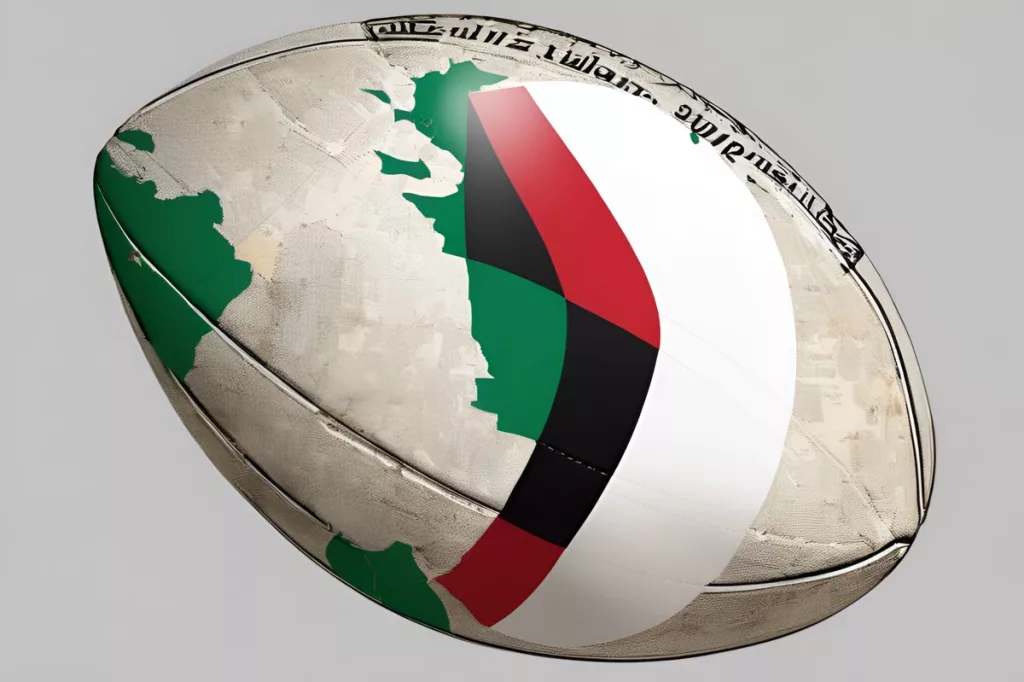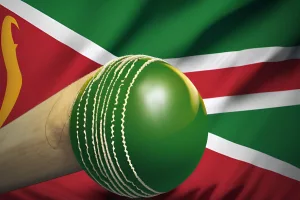Zeenat Simjee, a member of the South African rugby team, has gained attention for her public political views on the PalestineIsrael conflict, which she has shared on her Instagram platform. Despite contributing to the team’s victories at the Rugby World Cup, her political affiliations have sparked debates and discussions, even leading to public calls for disciplinary action by the South African Rugby board. The situation highlights the complex interplay between sports, politics, and personal beliefs, and underscores the potential for athletes and sports personnel to spark conversations on wider societal issues.
The U19 Cricket World Cup in South Africa is generating unprecedented controversy ahead of its start. David Teeger has been removed from his position as captain due to concerns over his public comments in favor of Israel, despite an independent investigation finding no code of conduct breach. Juan James has been named as the new captain, but Teeger remains part of the squad. The Cricket South Africa is working collaboratively with the South African Police Service to ensure a safe and enjoyable tournament, with the hope that the administrative challenges do not overshadow the thrilling cricket action.
David Teeger, a former U19 cricket captain for Cricket South Africa, has caused controversy after being stripped of his captaincy following comments interpreted as “proIsrael” during the leadup to the U19 Cricket World Cup in 2023. The South African Jewish Board of Deputies has called for Teeger’s reinstatement as captain and threatened legal action against CSA and the International Cricket Council if their demand remains unmet. The controversy highlights the intricate dynamics between sports and politics and the significant role of sports in shaping our contemporary dialogue.
The recent discharge of David Teeger as captain of South Africa’s U19 cricket team has caused a global controversy, drawing criticism from some over the International Cricket Council’s refusal to intervene. Teeger’s dismissal is believed to have been politically motivated, highlighting the need for sports governing bodies to take a more proactive stance in preserving the principles of sportsmanship, fairness, and meritocracy. The situation has brought to light the larger issue of how to safeguard sports from sociopolitical interferences.
The removal of David Teeger from the South African Under19 cricket team captainship has sparked controversy. Despite an investigation finding his remarks were not in violation of any conduct codes, Cricket South Africa (CSA) withdrew his captainship, leading to accusations of discrimination and political interference. The controversy has implications for the worldwide cricketing community, with the International Cricket Council’s (ICC) decision to allow the tournament to proceed viewed by some as tacit approval. The South African Jewish Board of Deputies (SAJBD) has demanded Teeger’s reinstatement, whilst others argue it highlights a broader debate about the role of politics and religion in sport.
David Teeger, the captain of the South African U19 cricket team, was removed from his position due to unspecified “safety” concerns. This move came after he dedicated his prize to the “young soldiers in Israel” during a speech at an awards event, sparking controversy. Despite being cleared of any misconduct, CSA removed him from his captaincy as they feared protests and violent clashes that could endanger everyone involved in the U19 Cricket World Cup. The decision has drawn global reactions and rumors of political influence, with CSA standing firm on their prioritization of safety.
The controversy surrounding the appointment of David Teeger as captain of the South African under19 team has sparked concerns about fair play and equality in sports. Teeger’s previous comments regarding Jewish soldiers have caused an international ethics storm, with debates across social media and the wider sporting community. The CSA’s response to the dilemma will set a precedent for how sports authorities navigate the delicate landscape of ethics and representation, and determine the future course of the gentleman’s game.







